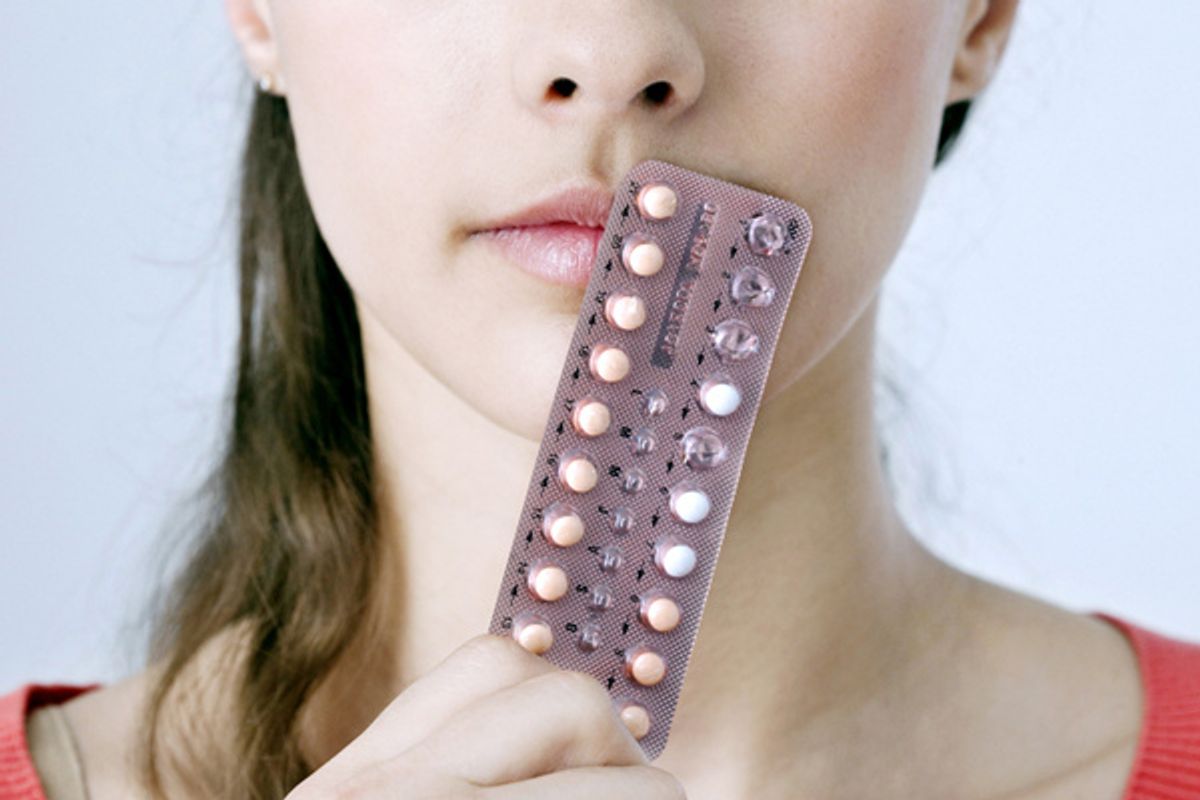

Learn about our editorial policies
Medically Reviewed
While a new report from the U.S. Centers for Disease Control and Prevention indicates that teen pregnancy rates are on the decline in 15- to 17-year-olds, there are still 1,700 births a week in this age group, meaning there's plenty of room for improvement.
So don't wait to sit down with your teenager and discuss safe sex practices and the possibility of birth control. And don't forget to talk about emergency contraception and the use of condoms for protection against sexually transmitted diseases. We know these discussions aren't easy—but they are important.
There are many methods of birth control, but not all are ideal for teenagers. Each method has its pros and cons, and it's important to discuss these with your daughter and her health care provider before choosing a method. Her health care provider should be the go-to resource when figuring out which birth control will be the best fit, but here are some of the top birth control methods for teenagers to get your discussion going.
Pills are one of the most popular forms of birth control because they're effective, convenient, safe to use and easy to obtain with a prescription. Women take one pill each day, which delivers hormones that prevent eggs from leaving the ovaries and makes cervical mucus thicker, which keeps sperm from getting to the eggs. Combination hormone pills contain both estrogen and progestin. Some are progestin-only pills.
There are many additional benefits of birth control pills, including reduced menstrual cramps, lighter periods and some protection against pelvic inflammatory disease. Some types even help reduce acne, prevent bone thinning and alleviate premenstrual symptoms. Certain types let you have just four periods a year. However, there can be some side effects of birth control pills, like bleeding between periods, nausea and breast tenderness, which usually only last for the first few months.
They may be good for your daughter if she can be counted on to take the pill at the same time every day (progestin-only pills, also known as mini-pills, require more precise timing). If not, they won't be as effective. Find out more about how to effectively use birth control pills.
2. Birth control shot
The birth control shot (Depo-Provera) is a good option for women who aren't good at remembering to take a pill every day, since the injection is once every three months. The shot contains the hormone progestin to help prevent against pregnancy by working in the same way that birth control pills do.
In addition to effectively preventing pregnancy, the shot can also protect against endometrial cancer and iron-deficiency anemia. It has possible side effects like weight gain and irregular menstrual bleeding.
This is an easy option for your daughter if she's OK with getting regular injections and can make it to her doctor's office whenever she needs to get the next shot.
3. Birth control vaginal ring
The birth control vaginal ring (NuvaRing), is a small, flexible ring that a woman puts into her vagina for three weeks every month. It's easy to obtain with a prescription and is very effective. It works by releasing progestin and estrogen, and therefore has many of the same benefits and side effects as the pill and the shot. It may also cause increased vaginal discharge, vaginal irritation or infection.
A vaginal ring could be a good option for your daughter if she's comfortable inserting it and taking it out every month.
Find out more about these and other modern birth control methods, such as patches, implants and IUDs, at HealthyWomen's Birth Control Center.
You might be interested in





